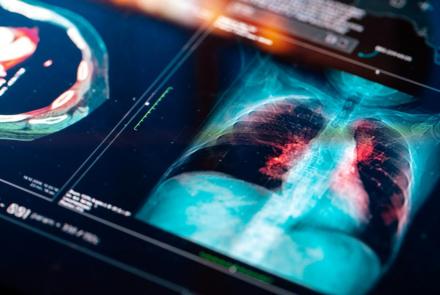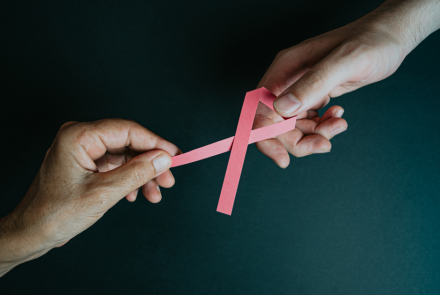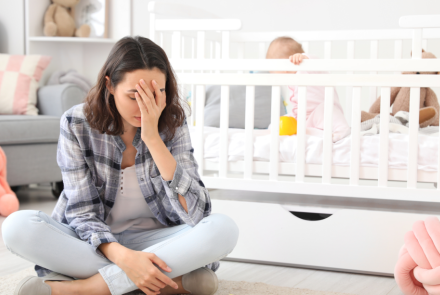Dr. Howard Feldfogel, DO, with Clarkstown Medical Associates of Highland Medical and Director Department of Medicine at Montefiore Nyack Hospital shares how to recognize IBS and what can be done to minimize symptoms.
If you often get cramping, abdominal pain, bloating, gas, diarrhea or constipation, you may be suffering from Irritable Bowel Syndrome (IBS). This common disorder affects the large intestine. Some people outgrow IBS, but for many people, it is a chronic condition that needs to be managed long term, says Dr. Feldfogel.
“IBS symptoms are mild in some people, but in others, it causes more debilitating symptoms that inhibit their lifestyle,” Dr. Feldfogel says. “Daily routines may be altered significantly.”
The symptoms tend to get better or worse depending on factors including a person’s diet and the stress they are experiencing. Some people can control their symptoms through diet and stress reduction, while others are helped with medication. The condition is more common in younger women, Dr. Feldfogel notes.
In a person without IBS, the muscles that line the intestines contract and relax in a coordinated rhythm as they move food from the stomach through the intestinal tract to the rectum. In some people with IBS, the contractions may be stronger and last longer than normal. This can lead to gas, bloating and diarrhea. In others, weak intestinal contractions slow the passage of food through the intestines and lead to hard, dry stools. The cause of IBS is not known.
To diagnose IBS, the doctor rules out other conditions that might be causing the symptoms, such as ulcerative colitis and Crohn’s disease—both forms of inflammatory bowel disease. Unlike those conditions, IBS does not cause changes in bowel tissue or increase the risk of colorectal cancer.
Treating IBS
If you have symptoms consistent with IBS, Dr. Feldfogel recommends that you keep a log of which foods may worsen your symptoms and any medications that may trigger them. This information will help you and your doctor devise a plan to avoid future symptoms.
Foods to avoid include:
- Spicy dishes
- Fatty foods
- Gassy foods such as cabbage, cauliflower and broccoli
- Alcohol
- Chocolate
Some people find fiber, either through foods or supplements, can help their constipation. Stress reduction is often helpful. Regular exercise, yoga, massage or meditation are all examples of ways to reduce stress. Counseling can also help some people with IBS. You may benefit from counseling if depression or stress tends to worsen your symptoms.
Medications to treat IBS include:
- Anti-diarrheal medications
- Hyoscyamine (Levsin) and dicyclomine (Bentyl) can help relieve painful bowel spasms
- Alosetron (Lotronex) is designed to relax the colon and slow the movement of waste through the lower bowel. Alosetron can be prescribed only by doctors enrolled in a special program and is intended for severe cases of diarrhea-predominant IBS in women who haven't responded to other treatments.
- Lubiprostone (Amitiza) increases fluid secretion in the small intestine to help with the passage of stool. It is approved for women age 18 and older who have IBS with constipation. Lubiprostone is generally prescribed only for women with IBS and severe constipation for whom other treatments haven't been successful.
- Antidepressant medications can help relieve depression as well as inhibit the activity of neurons that control the intestines.
“Patients may need a combination of treatments,” Dr. Feldfogel says. “The important thing is to have IBS diagnosed. Once you understand what is causing your symptoms, you can take steps to control them.”






